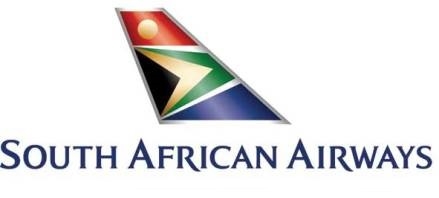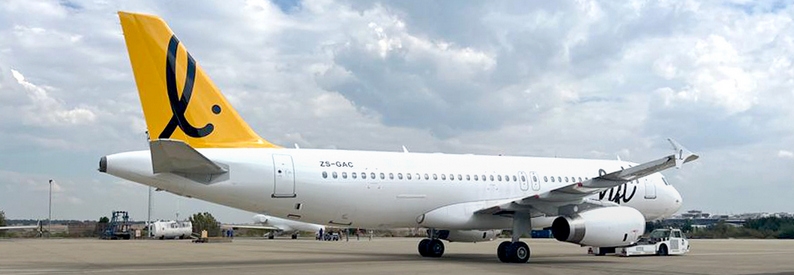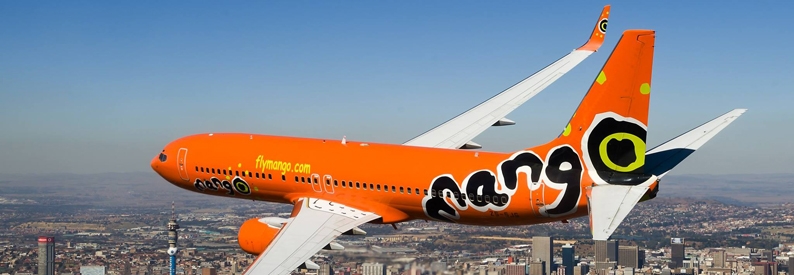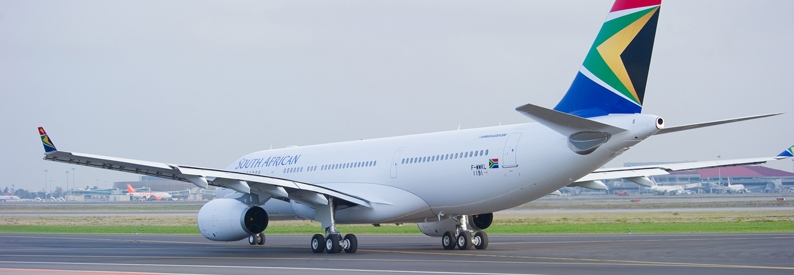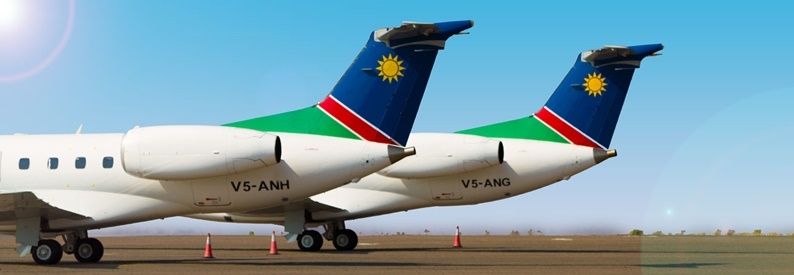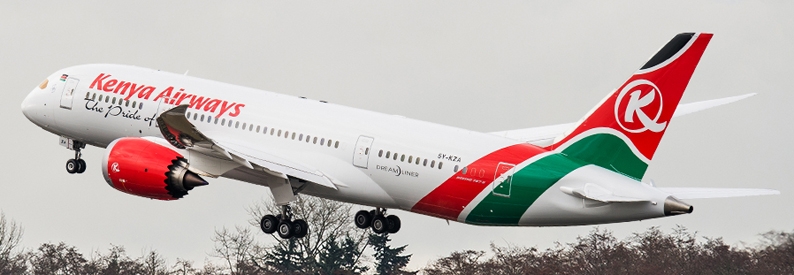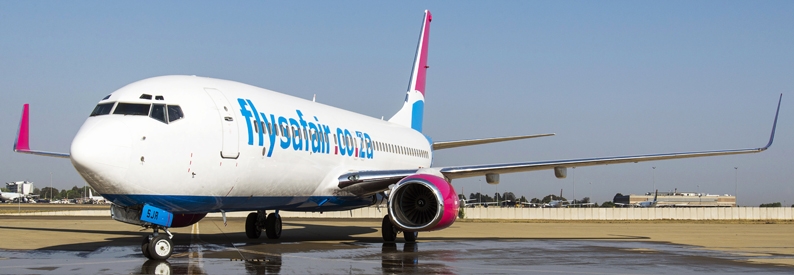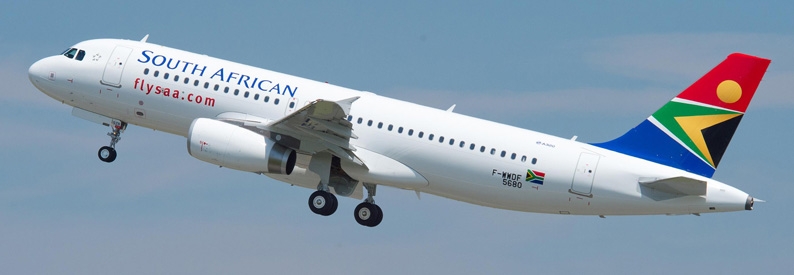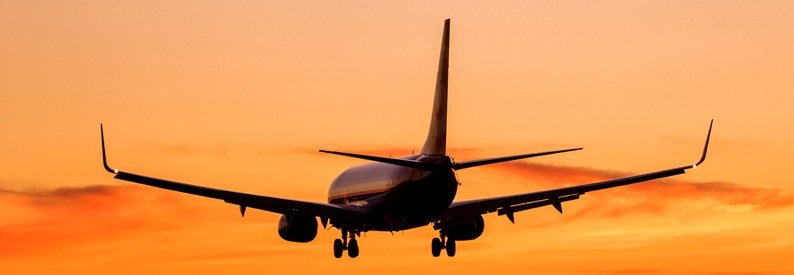The South African government has concluded and signed a sales and purchase agreement for the sale of 51% of South African Airways (SA, Johannesburg O.R. Tambo) with its preferred strategic equity partner, the Takatso Consortium, according to an announcement by the Ministry in the Presidency following a Cabinet meeting on February 23.
"The next step involves the approval of this transaction by various regulatory bodies," it said in a statement.
The Department of Public Enterprises (DPE), SAA's shareholder representative, had been locked in negotiations with Takatso for months, but aims to finalise the partial sale of the loss-making national carrier in early 2022, according to National Treasury's 2022 Budget Review, also tabled on February 23. The terms of the sales agreement were not disclosed, but Takatso is to inject ZAR3 billion (USD196 million) in operational cash, while the government funds are to be used to settle SAA's historical debts.
Takatso is a joint venture between asset fund manager Harith General Partners, the majority shareholder in the SAA transaction, and ACMI specialist Global Aviation Operations (GE, Johannesburg O.R. Tambo). "The Takatso deal is progressing well," the DPE spokesman confirmed to ch-aviation.
Meanwhile, the government will pump another ZAR1.8 billion rands (USD119.3 million) into SAA during 2022/2023 despite the carrier continuing to rack up losses since resuming operations on September 1 last year.
By December 31, 2021, it had operated a total of 1,023 domestic and regional flights. Within those four months, it had also incurred a ZAR2.7 billion (USD179 million) loss against a budgeted deficit of ZAR2.3 billion (USD152 million), according to a National Treasury briefing to Parliamentary on February 15.
The latest financial support represents the balance of ZAR16.4 billion (USD1 billion) set aside for SAA in the 2020 Budget Review to settle state‐guaranteed debt and interest costs.
"To date, Government has paid ZAR14.6 billion (USD967.5 million) of this amount, with the remaining ZAR1.8 billion to be paid in 2022/23," according to the government's 2022 Budget Review tabled on February 23.
An additional ZAR10.5 billion (USD695.8 million) was allocated to SAA in 2020/2021 for the implementation of its business rescue plan. Of this, ZAR2.7 billion (USD179 million) was diverted to its subsidiaries in terms of a special appropriation bill in 2021.
Further state support of ZAR3.5 billion (USD232 million) is required over the next three years to implement the business rescue plan - as outlined in an interim business plan in June 2021 - but still needs to be approved. "Government will honour its commitment to implement the SAA business rescue plan," a DPE spokesman told ch-aviation.
SAA intends to introduce long‐haul routes in the second half of 2022. The flag carrier resumed limited commercial operations in September 2021 in line with plans for a conservative re-entry into domestic and regional markets following a protracted business rescue process started on December 5, 2019, following years of continuous losses.
While in business rescue, SAA defaulted on ZAR890 million (USD.58.5 million) of revenue owed to former franchise partner Airlink (South Africa). It still owes Comair (South Africa) ZAR750 million (USD49.5 million) as part of a SA Competitions Tribunal settlement.
Harith General Partners - the majority shareholder in the Takatso Consortium which has been leading the negotiations with the government - is 30% owned by South Africa's state-owned Public Investment Corporation (PIC). It manages the Government Employees Pension Fund (GEPF), which continues to be "well funded and financially sound", according to the 2022 Budget Review. "At the end of March 2021, the GEPF had a net cash flow position of ZAR34 billion (USD2.2 billion)," the document states.
Delivering his 2022 Budget Speech in Parliament on February 23, Finance Minister Enoch Godongwana did not mention any allocation to SAA but warned of "tough love" for state-owned companies going forward. He said the future of state-owned companies was under review by a Presidential State-Owned Enterprises Council. "Their future will be informed by the value they create and whether they can be run as sustainable entities without bailouts from the Fiscus."
"Some state-owned companies will be retained, while others will be rationalised or consolidated. To reduce their continuing demands on South Africa's public resources, the National Treasury will outline the criteria for government funding of state‐owned companies during the upcoming financial year," he said.
- Type
- Base
- Aircraft
- Destinations
- Routes
- Daily Flights
